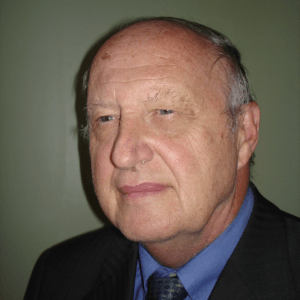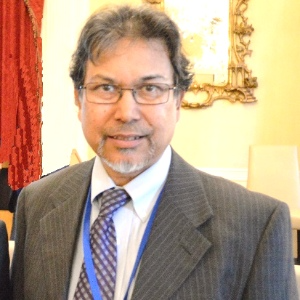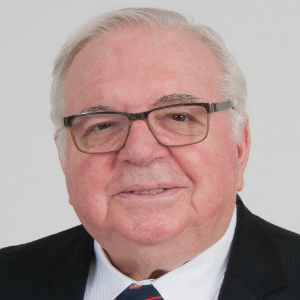Metallurgical research and technology represent the vanguard of advancements in materials science, delving into the profound intricacies of metallic substances, their properties, and production methodologies. This multifaceted field navigates the complexities of alloy compositions, phase transformations, and process optimization to engineer materials with tailored characteristics for diverse applications. Through a symbiosis of empirical experimentation, computational modeling, and innovation, metallurgical researchers meticulously explore the fundamental principles governing metallic behavior and processing techniques. At the core of metallurgical research lies an exhaustive investigation into the composition-property relationships of metals and alloys. Researchers meticulously scrutinize atomic structures, grain boundaries, and defects to comprehend material behavior under varying environmental conditions, stressors, and temperatures. Cutting-edge technologies such as electron microscopy, X-ray diffraction, and spectroscopic analysis enable a deep dive into microstructural nuances, facilitating a comprehensive understanding of material properties at the atomic and molecular levels. Metallurgical advancements extend beyond theoretical frameworks, evolving into a comprehensive spectrum of manufacturing processes aimed at refining raw materials into high-performance alloys. From traditional methods like smelting, casting, and forging to contemporary techniques such as powder metallurgy and additive manufacturing (3D printing), researchers continuously innovate to enhance efficiency, quality, and sustainability in metal production. Optimization of parameters, including temperature, pressure, and chemical compositions, stands as a testament to the relentless pursuit of superior metallurgical processes. Moreover, metallurgical research spearheads sustainable practices, seeking eco-friendly solutions to minimize environmental impact while maximizing resource utilization. Recycling and waste management initiatives have emerged as critical focal points, aiming to reclaim and repurpose metals from discarded products and industrial by-products. This approach not only mitigates environmental strain but also conserves valuable resources, fostering a circular economy in the metallurgical landscape. Collaboration across interdisciplinary domains amplifies the potential for metallurgical breakthroughs. Integration with fields like nanotechnology, robotics, and artificial intelligence propels the development of smart materials, self-healing alloys, and advanced sensors, revolutionizing industries ranging from aerospace and automotive to healthcare and renewable energy. In essence, metallurgical research and technology epitomize the epitome of scientific innovation, driving the continual evolution of metallic materials, processes, and applications. This relentless pursuit of knowledge, coupled with a commitment to sustainability and progress, ensures that metallurgy remains a cornerstone of technological advancement, shaping the future of materials science and engineering.

Ephraim Suhir
Portland State University, United States
Thomas J Webster
Interstellar Therapeutics, United States
Robert Buenker
University of Wuppertal, Germany
Will Skene
Montreal University, Canada
Valeriy A Buryachenko
Micromechanics & Composites LLC, United States
Anis Rahman
Applied Research & Photonics, Inc, United States
Will Skene
Montreal University, Canada
Robert Guidoin
Laval University, Canada
Robert Buenker
University of Wuppertal, Germany


Title : Introducing picotechnology: An exciting extension of nanotechnology
Thomas J Webster, Interstellar Therapeutics, United States
Title : The failure of both einsteins space-time theory and his equivalence principle and their resolution by the uniform scaling method
Robert Buenker, University of Wuppertal, Germany
Title : Material challenges with proton conducting ceramics for intermediate temperature hydrogenation/dehydrogenation applications
Saheli Biswas, Commonwealth Scientific and Industrial Research Organisation, Australia
Title : Porphyrin layers at metal-electrolyte interfaces monitored by EC-STM and CV
Marek Nowicki, University of Wroclaw, Poland
Title : Color control of electrochromes by structural modification
Will Skene, Montreal University, Canada
Title : Make experiments more efficient: Two simple and powerful approaches. Mg2Si growth for photovoltaic and thermoelectric applications
Alexander S Gouralnik , Institute of Automation and Control Processes, Russian Federation
Title : Reconfigurable antenna structures using tunable materials
Nasimuddin, Institute for Infocomm Research, Singapore
Title : (0, 1 and 2) Dimensional hybrid architecture of the synthesized materials leads the smart sensing of the gaseous species at low/room temperature
D R Patil, North Maharashtra University, India
Title : Enhanced grain refinement, precipitates regulation, and improved mechanical properties of cast Al-Li alloy by Ti addition and heat treatment
Lixiong Shao, Shanghai Jiao Tong University, China
Title : Broadband sound attenuation of shape memory polymer with triangular-honeycomb unit cell metamaterial structural design
Musaab Ejaz, Universiti Teknologi PETRONAS (UTP), Malaysia